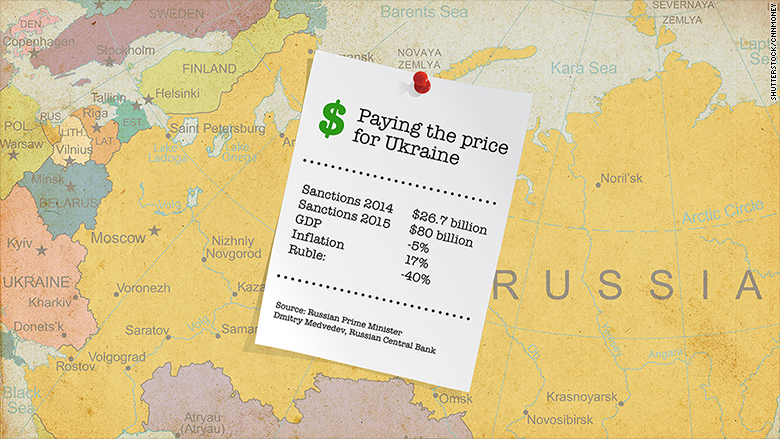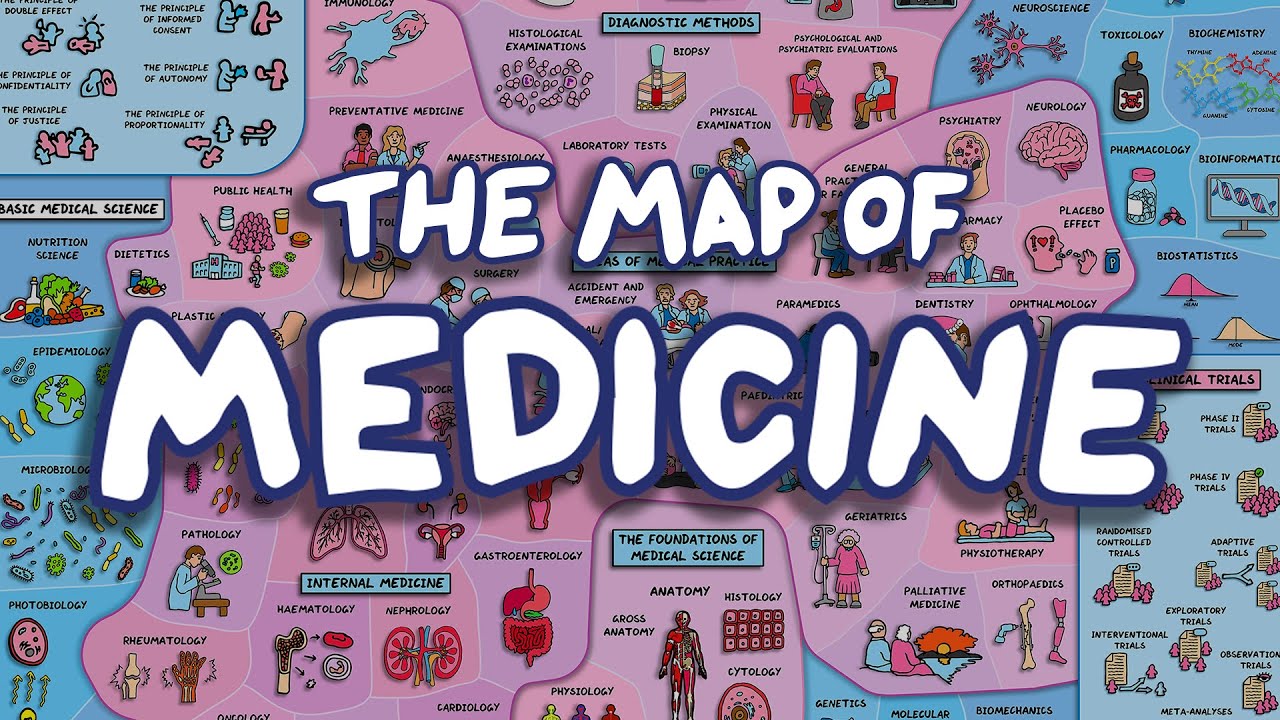Further Sanctions On Russian Media: Switzerland Follows EU Lead

Table of Contents
Details of the New Sanctions on Russian Media in Switzerland
The Swiss government's latest sanctions package targets several key Russian media outlets, significantly expanding the existing restrictions. These sanctions on Russian media encompass a range of measures, including broadcasting bans, asset freezes targeting specific individuals and entities within these organizations, and restrictions on the activities of journalists working for sanctioned outlets within Switzerland.
- Specific media outlets affected: While the exact list continues to evolve, prominent examples include RT (Russia Today) and Sputnik, known for their alleged pro-Kremlin narratives and disinformation campaigns. The sanctions also target smaller, but influential, online news sources and commentators.
- The legal basis for the sanctions: The sanctions are based on Swiss legislation enabling the country to implement EU sanctions, reflecting the close alignment with the EU's foreign policy response to the war in Ukraine. Specific articles within the relevant Swiss laws are cited in official government statements.
- The timeline of implementation: The sanctions were implemented in stages, with some measures taking immediate effect while others have phased rollouts to allow for legal processes and appeals.
- Potential penalties for non-compliance: Severe financial penalties and potential criminal charges await individuals and organizations that violate the sanctions against Russian media.
The rationale behind targeting these specific outlets stems from documented evidence of disinformation campaigns and propaganda aimed at undermining the international consensus on the war in Ukraine and justifying Russia's actions. Swiss government officials have publicly stated their commitment to combating the spread of false information and protecting the integrity of the Swiss media landscape.
Switzerland's Alignment with the EU on Sanctions
Switzerland's traditionally neutral stance in international conflicts has been significantly challenged by the ongoing war in Ukraine. This recent decision to mirror EU sanctions on Russian media, alongside other restrictive measures, represents a departure from its historical neutrality.
- Overview of previous Swiss sanctions against Russia: Prior to this latest move, Switzerland had already implemented some sanctions against Russia, including asset freezes and travel bans on certain individuals. However, the current measures represent a more comprehensive and direct alignment with EU policy.
- Analysis of the EU's influence on Switzerland's decision: The EU's strong and coordinated response to Russia's actions has undoubtedly influenced Switzerland's decision. The economic and political ties between Switzerland and the EU make alignment with Brussels a strategic imperative.
- Potential long-term implications for Swiss-Russian relations: This stricter stance on Russian media is expected to further strain relations between Switzerland and Russia. However, maintaining a strong relationship with the EU takes precedence.
The decision to join the EU sanctions regime is driven by both political and economic factors. The Swiss government aims to uphold international law, condemn Russia's aggression, and maintain its strong economic ties with the EU. This alignment strengthens Switzerland’s international standing among nations actively opposing Russia’s actions.
Impact and Implications of the Sanctions on Russian Media
The effectiveness of these sanctions on Russian media in curbing disinformation remains to be fully assessed. However, the initial impact is undeniable.
- Potential impact on the Russian media landscape: The sanctions are likely to reduce the reach and influence of the targeted Russian media outlets within Switzerland and potentially beyond.
- Effect on freedom of the press versus national security concerns: The debate continues on the balance between freedom of the press and national security concerns. While Switzerland's actions raise concerns from those who value media freedom, the primary goal is to counter the spread of state-sponsored propaganda in the context of an active war.
- Responses from Russia to the sanctions: Russia has predictably condemned the sanctions, accusing Switzerland of succumbing to Western pressure and violating the principles of media freedom.
Unintended consequences could include the increased use of alternative media channels by Russian propagandists or a potential chilling effect on legitimate reporting about Russia from Swiss-based journalists. The impact on Swiss citizens' access to information from diverse sources is also a consideration. The broader implications for international media freedom are a complex issue requiring careful scrutiny.
The Broader International Response to Russian Disinformation
Many countries have joined the effort to counter Russian disinformation campaigns, reflecting a growing international consensus on this threat.
- Examples of sanctions imposed by other nations: The EU, the US, Canada, and the UK, among others, have imposed similar sanctions against Russian media outlets.
- International cooperation efforts to combat disinformation: Various international organizations and initiatives are dedicated to monitoring and countering disinformation campaigns, including fact-checking initiatives and the development of early-warning systems.
- The role of social media companies in moderating Russian content: Platforms like Facebook, Twitter (now X), and YouTube have also taken action to remove or flag Russian disinformation, though their effectiveness remains a subject of debate.
International cooperation is key to effective countermeasures. Sharing information, coordinating sanctions, and developing effective counter-narratives are crucial in neutralizing the impact of Russian disinformation.
Conclusion
Switzerland's decision to impose further sanctions on Russian media, aligning itself closely with the EU, signifies a critical turning point in the international response to Russia's ongoing information war. These actions, alongside broader international efforts, aim to curb the spread of disinformation and propaganda emanating from Russia, a key factor in the context of the war in Ukraine. The long-term effects of these sanctions, along with their impacts on media freedom and access to information, warrant continued scrutiny. To stay informed on this critical issue, follow the latest updates on sanctions on Russian media and learn more about the impact of sanctions on Russian media outlets. Stay informed on the evolving international response to Russian disinformation.

Featured Posts
-
 Pentrich Brewing At Factory A Comprehensive Guide
Apr 23, 2025
Pentrich Brewing At Factory A Comprehensive Guide
Apr 23, 2025 -
 Brewers Fall To Diamondbacks In Dramatic Ninth Inning Walk Off
Apr 23, 2025
Brewers Fall To Diamondbacks In Dramatic Ninth Inning Walk Off
Apr 23, 2025 -
 Where To Invest A Comprehensive Map Of New Business Hotspots
Apr 23, 2025
Where To Invest A Comprehensive Map Of New Business Hotspots
Apr 23, 2025 -
 Brewers Nine Base Steal Spree Fuels Blowout Victory
Apr 23, 2025
Brewers Nine Base Steal Spree Fuels Blowout Victory
Apr 23, 2025 -
 Pascal Boulanger President De La Fpi Ses Priorites Pour Le Secteur Immobilier
Apr 23, 2025
Pascal Boulanger President De La Fpi Ses Priorites Pour Le Secteur Immobilier
Apr 23, 2025
